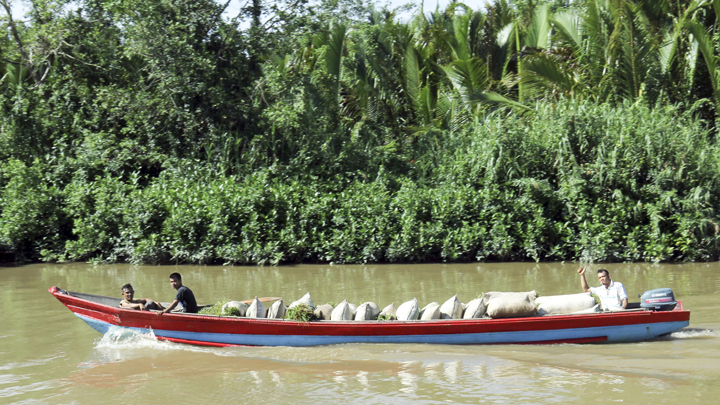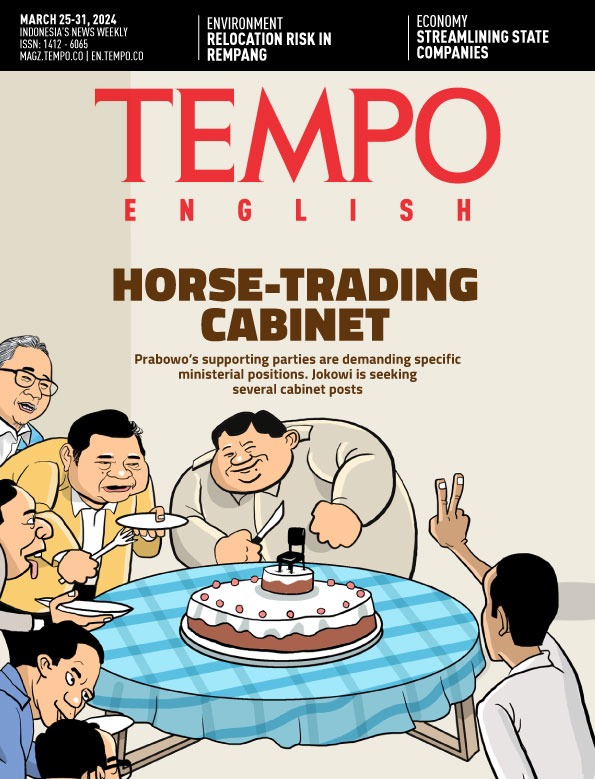Siberut Threatened by Industrial Forest
Tuesday, June 4, 2019
arsip tempo : 171355007677.

IT was a sunny day during April’s bountiful harvest season of cloves and areca nuts in Saibi Samukop village, Siberut Island, Mentawai Islands, West Sumatra. Yet, Melki Sanene’s heart was gloomy. The Sanene tribe chief was troubled by the fate of the tribal lands that would be taken over by companies holding industrial forest permit (HTI). “How evil are the HTI companies. Our lands for plant cultivation are all cut down. Those a
...
Subscribe to continue reading.
We craft news with stories.
 For the benefits of subscribing to Digital Tempo, See More
For the benefits of subscribing to Digital Tempo, See More









